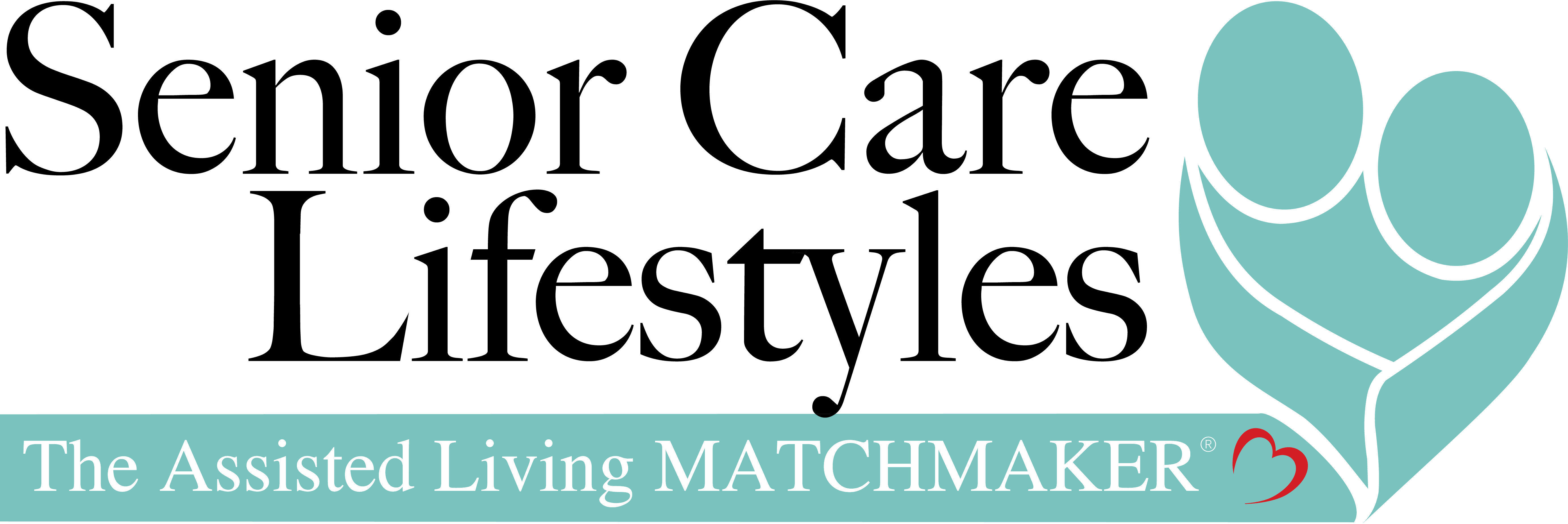- Serving, Baltimore, Harford, Howard, Anne Arundel and other surrounding counties.
- 410-977-3718
How Our Nutrition Needs Change As We Age

As we grow older, eating healthy becomes even more critical to our health and well-being. Aging is inevitable, but we do have control over our nutritional intake. That can, in turn, change our health outcomes and quality of life. By educating yourself about the nutritional changes you and your loved ones will experience as they age, you can prepare for the challenge.
Our Bodies Change As We Age
Various physical changes occur in the body as we get older, including thinning of the skin, a decrease in stomach acid and muscle loss. Every change that happens to our body means a change that should happen to our nutritional intake. For example, a decrease in stomach acid can make it harder to absorb calcium, iron and magnesium. This might mean taking a special supplement or increasing the amount of calcium in your diet. Older adults also need fewer calories than adults under 60. This presents a problem for many without nutrition advice, as they must pack more nutrients into a smaller amount of calories.
Choosing the Right Foods
The need for more nutrients and more protein means that some seniors must adjust their diets. The USDA and AARP issued special MyPlate guidelines for seniors that you can see by clicking here. What types of foods should older adults be eating every day?
- 5-7 ounces of lean proteins like seafood, eggs, beans or lean meats
- 1.5-2.5 cups of fresh fruit and 2-3.5 cups of fresh or steamed vegetables
- 5-10 ounces of whole grains like whole wheat pasta or brown rice
- 3 cups of low-fat dairy like yogurt or milk
In general, you should limit your oil intake to 5-8 teaspoons and use as little solid fat, added sugar and salt every day.
Helping Your Senior Loved One
- Plan out healthy and simple meals using the MyPlate guidelines to ensure your loved one is eating the right things. If you have the money to do so, it could be worth utilizing a meal service that could provide them with readymade, high-quality food.
- Use meal time as a chance to gather together and socialize. Encourage your senior loved one to get meals with friends, family, social group members and you. Eating together gives you a chance to catch up and spend positive time together while encouraging their nutritional intake.
- Talk with your loved one’s doctor about their nutritional intake and any deficiencies that they have. Some seniors need to use dietary supplements or extra vitamins to stay healthy, and there is nothing wrong with that!
Care for Your Senior Loved Ones with Senior Care Lifestyles
Senior Care Lifestyles specializes in connecting seniors with the right in-home care, assisted living, or senior living community to meet their needs. We have helped hundreds of clients and treat each senior as a valued member of our own family deserving our personalized attention, compassion and respect.
For help, or questions please call us at 410-977-3718 or send a message through our website www.seniorcarelifestyles.com.




